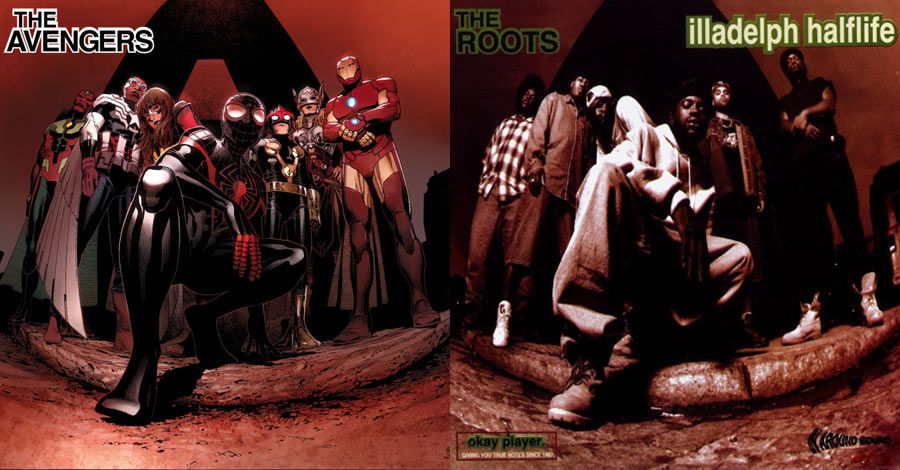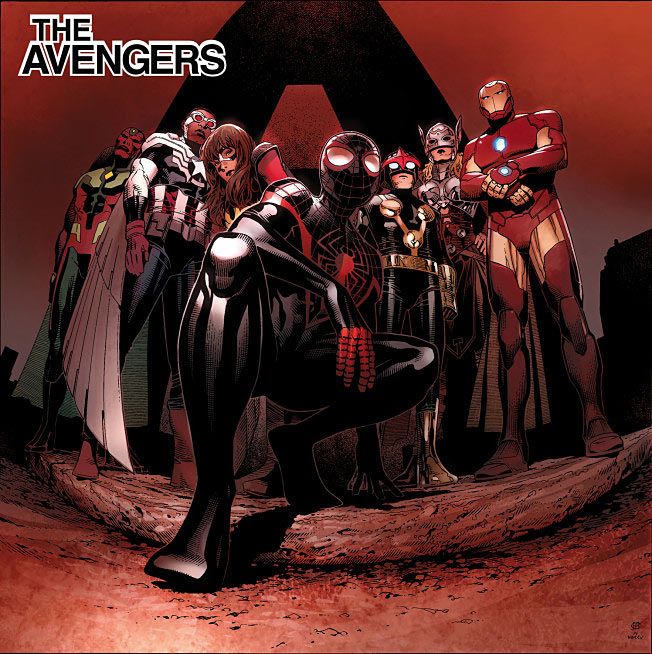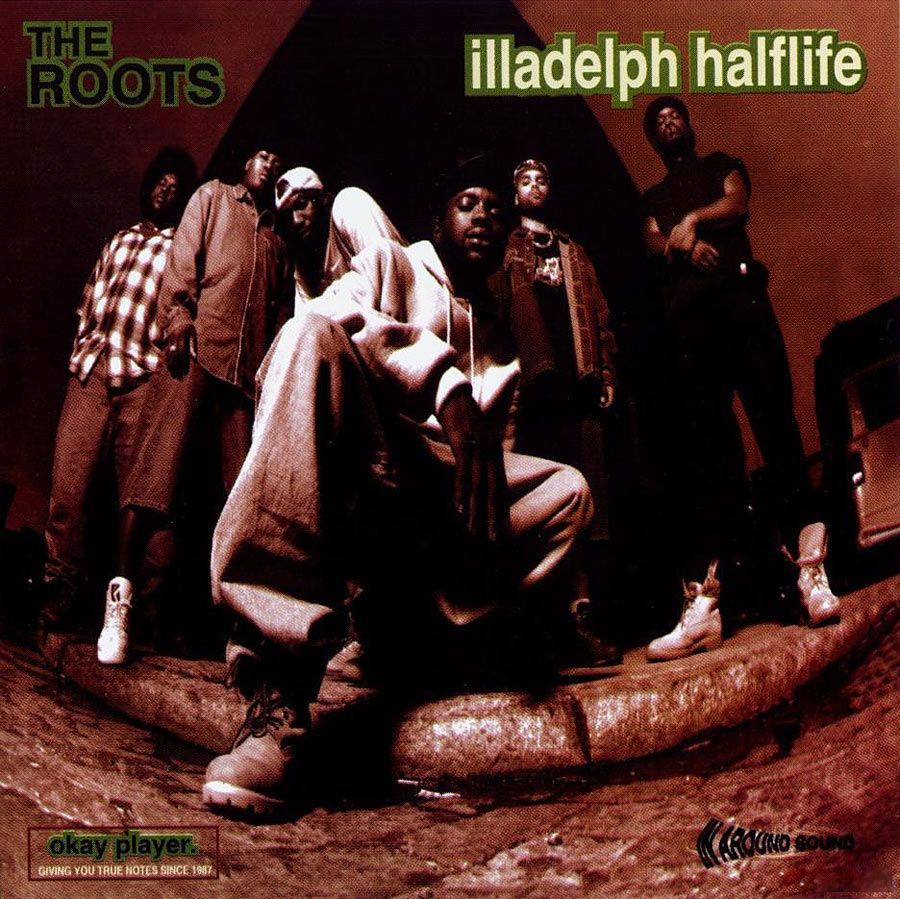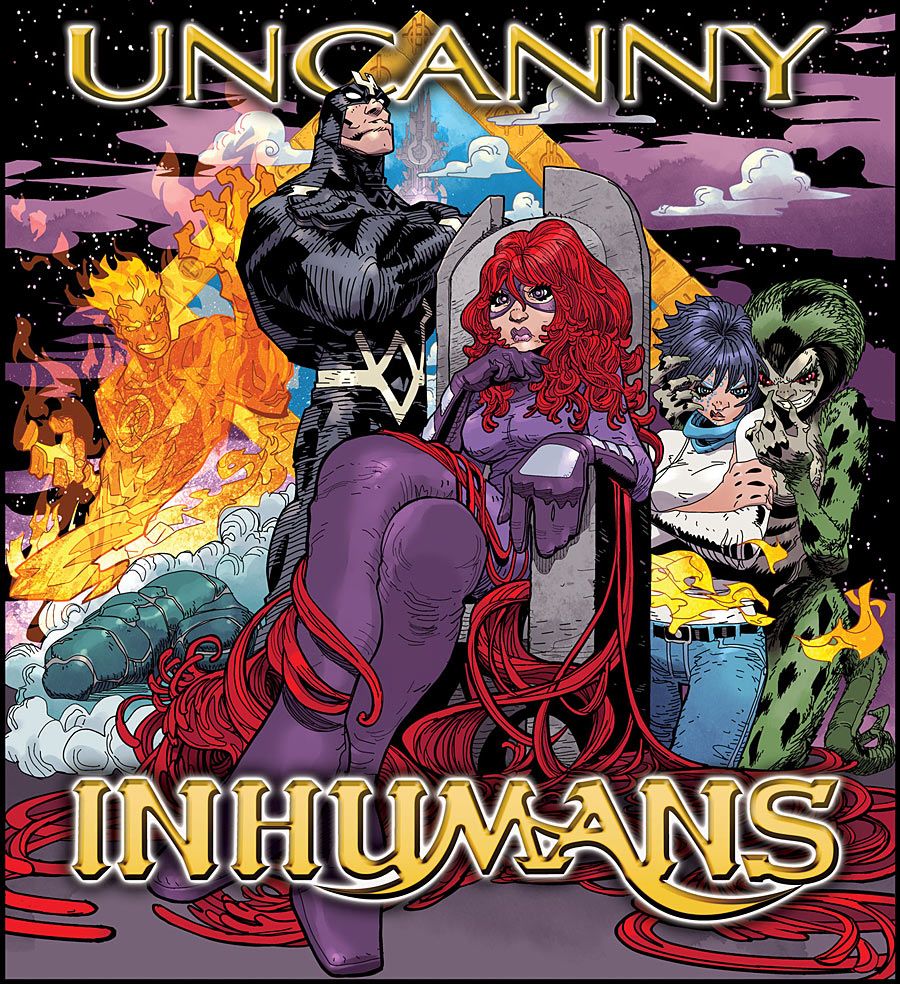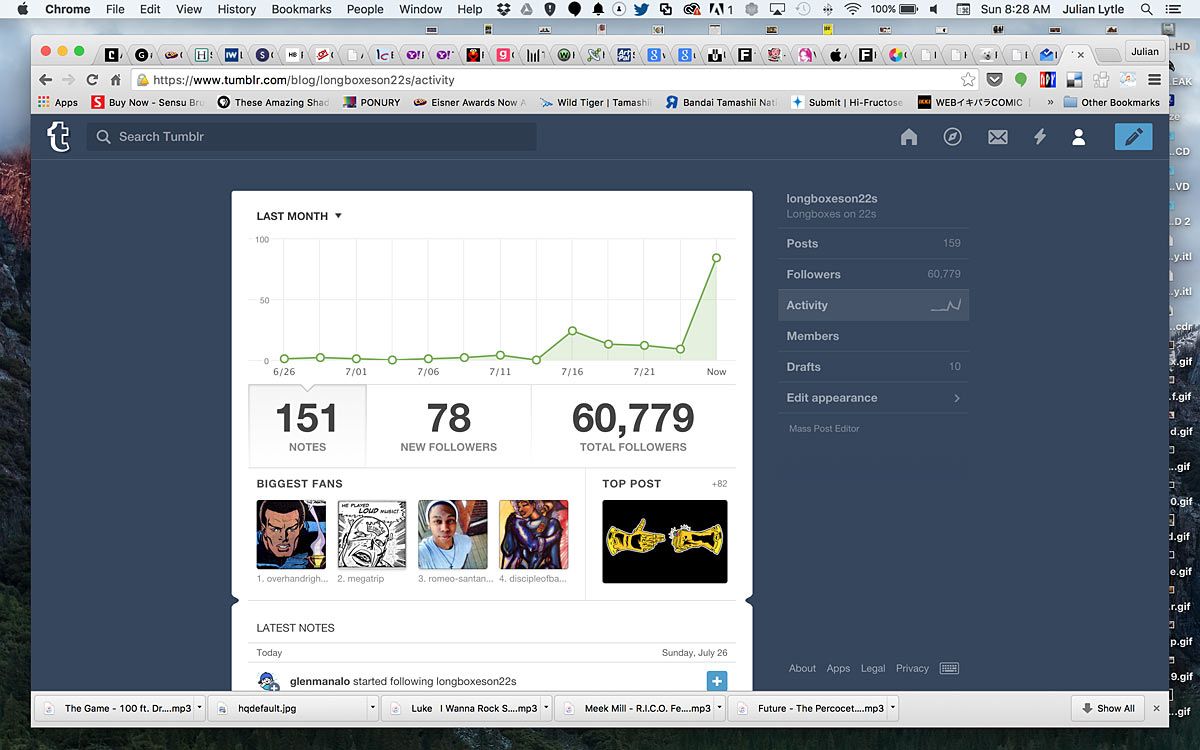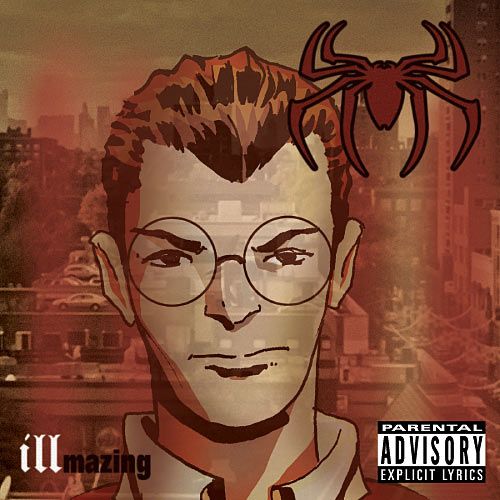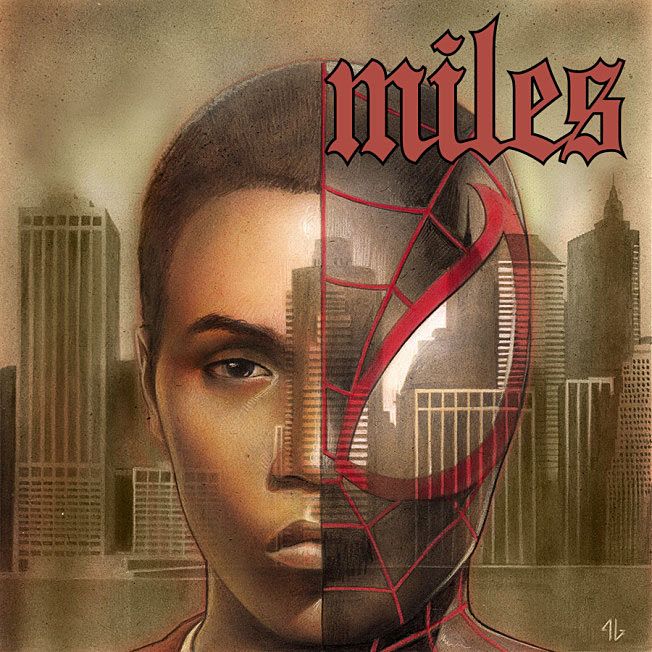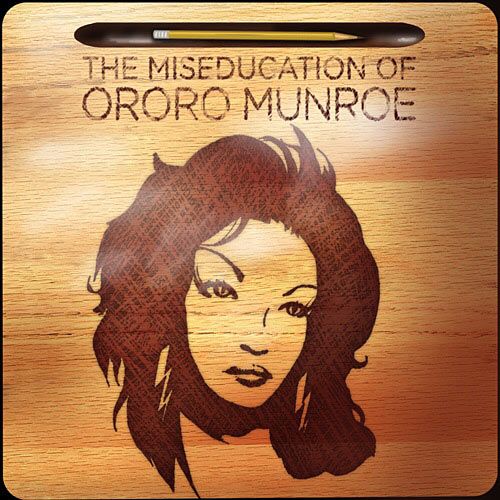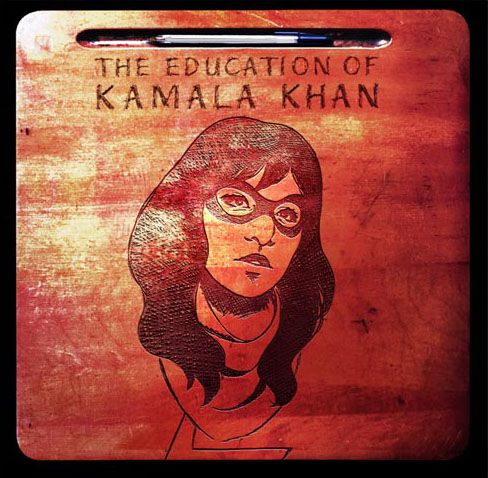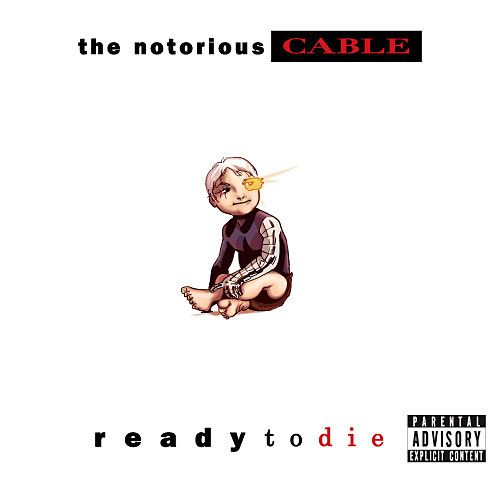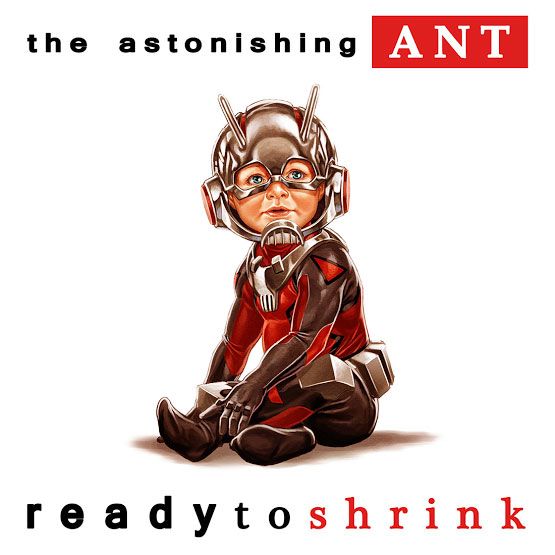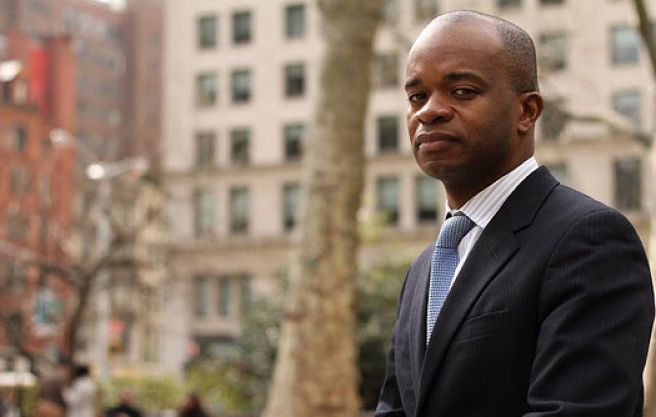Get Diverse or Die Tryin'
On Tuesday, July 14, Marvel Comics unveiled the first image from its hip-hop cover variant event, which will run from October 2015 to February 2016, coinciding with their "All-New, All-Different Marvel" relaunch of between forty-five and sixty new monthly titles.
The juxtaposition of those two things, and the inequity of writers of color featured within the mainstream American superhero comic book industry, sparked a conversation online, through various columns and articles, and thousands of postings on social media.
One such article was written by me, and while the hip-hop cover event was one of three subjects discussed, the culminating subject of which was the need for diversity boards within comic book publishers, it was the hip-hop cover event which seemed to get the most attention and interest.
After that article ran, I had off-the-record correspondences with two people at Marvel Comics, from different levels within the company's hierarchy, and decided to devote an entire column to this subject.
The issue is that "hip-hop," a culture and genre primarily created by Blacks and Latinos, is being profiled by a publisher that, to public knowledge as of this writing, does not have any announced notable Black writers on monthly, ongoing titles.
The irony of this, made clear by the cover event coinciding with a relaunch which has revealed 45 titles so far with no Black writers, cannot be ignored.
What is notable and significant is that various artists of color are involved in the hip-hop cover event, and I spoke with some of them to get their viewpoints on the event, their feelings, and the import of a Marvel Comics/hip-hop mashup homage.
Damion Scott is a Jamaican-American comic book artist and writer, whose work has spanned the Marvel and DC library for over fifteen years. He is the co-author and illustrator of "How To Draw Hip-Hop," published by Random House.
The illustrator of the "Uncanny Inhumans" cover that pays homage to the Outkast album "Aquemini," Scott said, "I think the Marvel hip-hop homage covers was a great idea. It celebrates hip-hop culture and is a step in the right direction towards representing a broader cultural fan base. It was an honor to be involved in it and my hope is that Marvel will continue to do more projects like this in the future."
Khary Randolph is an African-American illustrator whose work in comic books and animation for the last fifteen years includes Spider-Man, the X-Men, Teen Titans, "The Boondocks," and Teenage Mutant Ninja Turtles, among others, is the monthly artist of "Tech Jacket," published by Image Comics and Skybound Entertainment.
"As far as my involvement, there wasn't much thought on my end.," Randolph said. "There are two things I love more than anything -- comics and hip-hop. So when I got an email from Marvel asking me to do an homage to Run-D.M.C., I mean c'mon. It was an immediate 'yes.' No hesitation. The greater cultural issues never once entered my head. Not to mention that this wasn't the first time I've done this kind of thing. Back in 2012, I did a 'Freelancers' cover for BOOM! and [editor] Chris Rosa paying homage to EPMD.
"I am a Black man working in the comics industry. There are obviously greater things at play here than me, and I can see both sides of the issue," Randolph continued. "But the dialogue is what's important and if it means that voices are being heard that might not be otherwise, I kind of see it as a win-win. If this opens up a few more doors that weren't open before, I can't be mad at that."
While the sentiment within the Marvel pool of illustrators of color for this cover event is positive and hopeful, there are artists outside of the comic book business, some of whom are familiar with the hip-hop homage approach to comic books and superheroes.
Julian Lytle and Sean Causley are two such artists.
Their tumblr page, "Longboxes On 22s," showcase their artwork.
"My friend Sean and I both love hip-hop, we grew up with it and it's part of our lives like many just as much as comics. So we decided to do a fun project for us and comic fans like us that grew up in hip-hop that really aren't marketed to or thought about in "geek culture," Lytle said. "A project that is like creating a universe where superheroes (and villains) do their battles with rap music."

Journalist Jamila Rowser interviewed Lytle for well-known pop culture website Mass Appeal for a piece that ran on Thursday, October 31, 2013. The column was titled Artist Julian Lytle Remixes Hip Hop and Comics at NYCC," referencing the popular New York Comic Con that happens every Autumn at the Jacob Javitz Center. In this article, Lytle discussed his various homages to date, using hip-hop album covers in conjunction with Marvel and DC Comics superheroes and villains.
I asked Lytle if he thought the artwork he and Sean Causley created was visible enough to be seen by the people at Marvel Comics.
"Maybe 60k followers on something like tumblr isn't a lot but some of these spread and get linked back."
Marvel Comics was not the first to use the idea of the hip-hop cover homage, but their visibility and resources afforded them the opportunity to get much more acclaim and recognition in the music industry circles and from various hip-hop luminaries ranging from Pete Rock to Nas.
Axel-In-Charge: Alonso Responds to Marvel's Hip-Hop Variant Cover Criticism
Interestingly enough, the Nas album, "Illmatic" was given the homage treatment by both Julian Lytle and Marvel Comics, the latter by way of illustrator Adi Granov.
Marvel Comics revealed the "Illmatic" homage on Mass Appeal.
Within the journalistic circles of the music industry, some views are more critical of the ideas within Marvel's hip-hop cover campaign.
Brooklyn native Kris Ex has been analyzing music and profiling hip-hop's biggest stars for the last twenty years, contributing to websites and publications like "Rolling Stone," "The Source," "LA Weekly," "VIBE," "Billboard," "ego trip," "XXL" and "Pitchfork." While Kris Ex has been a "COMPLEX" contributor since the magazine's very first issue in 2002, more recently he has emerged as a trusted source of cultural commentary on the COMPLEX Music site.
When Kris Ex and I discussed the homage event, his thinking went deeper than the superficial level, and explored more thematic and character-based parallels between popular hip-hop artists and Marvel Comics characters.
He thought about the much-referenced cover of Marvel's "Giant Size X-Men" #1, and viewed the team of KRS-One, Ice Cube, Grandmaster Melle Mel, MC Lyte and Kool Moe Dee as the original five X-Men, with The New Mutants being Kendrick Lamar, Nicki Minaj, Drake, J. Cole and Young Thug.
"Anybody over 35 who sees those ideas would say, 'You get me,'" Kris Ex said."Puffy would be a great Iron Man. Puffy has the shiny suits, Stark has the shiny armor. Puffy has the Ciroc, Stark's an alcoholic."
On the subject of Marvel Comics and how the hip-hop cover event spotlights the ongoing dialogue between the comic book and hip-hop industries, Kris Ex said, "I get doing the album covers... I don't know if that serves the message the best way. There are ways to include urban culture... urban issues, in your stories."
From an academic perspective, the term "cultural appropriation" has been used by a number of people on the Marvel Comics hip-hop cover homage event, including in my previous column.
Professor Susan Scafidi, author of "Who Owns Culture?: Appropriation and Authenticity in American Law," had this to say, about the event celebrating Black culture while, thus far, lacking Black writers for the stories behind the covers.
"Cultural appropriation of African-American music is a century-old sore spot, with White musicians from Bing Crosby to Elvis Presley to Eminem having been accused of profiting from borrowed tradition and style -- at the same time that many of their Black contemporaries couldn't get a gig.
Album covers are powerful graphic interpretations of the music they represent," Scafidi continues, "so Marvel's decision to connect its own visually-oriented universe with the music world through variant hip-hop covers sounds like a creative marketing strategy."
With the variety of analyses and opinions of the Marvel hip-hop homage cover event, the discussion and its intensity across social media has led to a recent and significant revelation from Marvel Comics Editor-In-Chief Axel Alonso, the architect of the event and a person of color.
Marvel Comics will be launching a new Black Panther series, based on the popular Black character created forty-nine years ago and slated to appear in a Marvel Studios film of the same name in 2018.
February 2016 will be the 50th anniversary of the character, as well as Black History Month, and the final month of the rollout for Marvel's new slate of titles.
Based on the enthusiasm and teases from Alonso, it's reasonable to think that the writer of the new "Black Panther" series will be Black.
Taking everything into consideration, I find myself compelled to process everything, every development related to the "All-New, All-Different" title launch rollout, every development related to the hip-hop cover homage event, and judge accordingly when all is said and done.
I have never hesitated to criticize Marvel Comics on their deficiencies when it comes to hiring writers of color, but I see that era coming to an end.
It has to end.
A company that has given us a Pakistani-American Ms. Marvel, a Black Captain America, and a heavily-diverse line-up of Avengers.
A company that can boast a racially-diverse editorial staff, from their Assistant Editors to their Director of Content and Character Development to their Editor-In-Chief, at the very least.
A company that has the greatest market share of the entire industry and acts as the IP foundation for Marvel Studios, a highly-profitable and highly-significant player in the film and television landscapes.
That company cannot continue to be on the wrong side of history when it comes to hiring Black writers, especially when their competitor DC Comics has begun to do so.
Marvel Comics has hired groundbreaking writers of color ranging from Reginald Hudlin to Christopher Priest to Dwayne McDuffie to Larry Hama in their past.
We'll all find out soon how they intend to lead the charge into the future with new and established Black voices.
Until them, I'm going to wait and watch.
Mind and eyes wide open.
This story isn't over yet.
To be continued.
Joseph Phillip Illidge is a public speaker on the subjects of race, comics, and the corporate politics of diversity. In addition to his coverage by the BBC and Publishers Weekly, Joseph has been a speaker at John Jay College of Criminal Justice, Digital Book World's forum, Digitize Your Career: Marketing and Editing 2.0, Skidmore College, Purdue University, on the panel "Diversity in Comics: Race, Ethnicity, Gender and Sexual Orientation in American Comic Books" and at the Soho Gallery for Digital Art in New York City.
Joseph is the Head Writer for Verge Entertainment, a production company co-founded with Shawn Martinbrough, artist for the graphic novel series "Thief of Thieves" by "The Walking Dead" creator Robert Kirkman, and video game developer Milo Stone. Verge has developed an extensive library of intellectual properties for live-action and animated television and film, video games, graphic novels, and web-based entertainment.
His graphic novel project, "The Ren," about the romance between a young musician from the South and a Harlem-born dancer in 1925, set against the backdrop of a crime war, will be published by First Second Books, a division of Macmillan.
Joseph's newest comic book project is the upcoming Scout Comics miniseries "Solarman," a revamp of a teenage superhero originally written by Stan Lee.

